Intro
Identify 5 hypertensive crisis symptoms, including severe headache, chest pain, and vision changes, to promptly manage high blood pressure emergencies and prevent complications like heart attack and stroke.
Hypertensive crisis is a serious medical condition that requires immediate attention. It is characterized by severely high blood pressure, which can lead to organ damage and even death if left untreated. Hypertensive crisis can be caused by a variety of factors, including underlying medical conditions, certain medications, and lifestyle factors. In this article, we will discuss the symptoms of hypertensive crisis, its causes, and treatment options.
The importance of recognizing the symptoms of hypertensive crisis cannot be overstated. If you or someone you know is experiencing severely high blood pressure, it is crucial to seek medical attention right away. Delaying treatment can lead to serious complications, including heart attack, stroke, and kidney damage. By understanding the symptoms of hypertensive crisis, you can take the first step towards getting the medical help you need.
Hypertensive crisis is a medical emergency that requires prompt treatment. The condition can be caused by a variety of factors, including underlying medical conditions, certain medications, and lifestyle factors. Some of the most common causes of hypertensive crisis include kidney disease, adrenal gland tumors, and sleep apnea. Certain medications, such as birth control pills and decongestants, can also increase blood pressure and lead to hypertensive crisis. Lifestyle factors, such as a diet high in salt and lack of exercise, can also contribute to the development of hypertensive crisis.
Hypertensive Crisis Symptoms and Causes
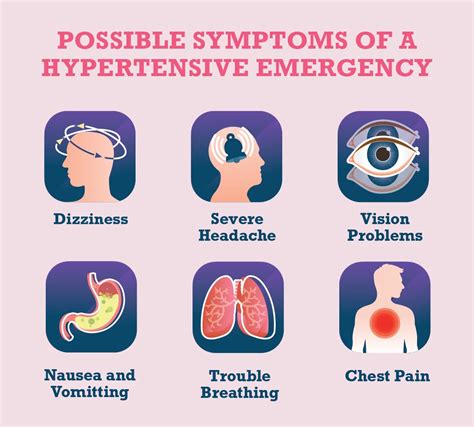
Types of Hypertensive Crisis
There are two types of hypertensive crisis: urgent and emergency. Urgent hypertensive crisis is characterized by severely high blood pressure, but there is no evidence of organ damage. Emergency hypertensive crisis, on the other hand, is characterized by severely high blood pressure and evidence of organ damage. This type of hypertensive crisis requires immediate medical attention, as it can lead to serious complications and even death.Treatment Options for Hypertensive Crisis
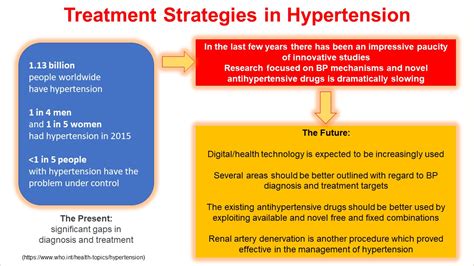
Lifestyle Changes to Prevent Hypertensive Crisis
Making lifestyle changes can help to prevent hypertensive crisis. Some of the most effective lifestyle changes include eating a healthy diet, getting regular exercise, and managing stress. A healthy diet should include plenty of fruits, vegetables, and whole grains, and should be low in salt and sugar. Regular exercise can help to lower blood pressure and improve overall health. Managing stress through techniques such as meditation and deep breathing can also help to lower blood pressure and prevent hypertensive crisis.Complications of Hypertensive Crisis
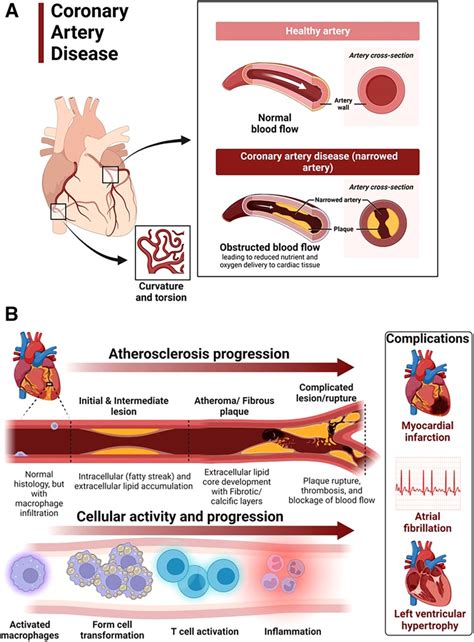
Prevention of Hypertensive Crisis
Preventing hypertensive crisis requires a combination of lifestyle changes and medical treatment. Making healthy lifestyle choices, such as eating a healthy diet and getting regular exercise, can help to lower blood pressure and prevent hypertensive crisis. Monitoring blood pressure regularly and seeking medical attention if it becomes too high can also help to prevent hypertensive crisis. In some cases, medication may be prescribed to lower blood pressure and prevent hypertensive crisis.Medical Emergency
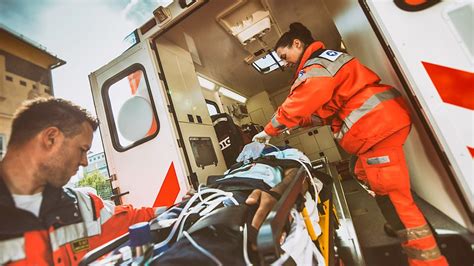
Importance of Seeking Medical Attention
Seeking medical attention promptly is crucial if you are experiencing any of the symptoms of hypertensive crisis. Delaying treatment can lead to serious complications, including heart attack, stroke, and kidney damage. By seeking medical attention right away, you can help to prevent these complications and improve your overall health. It is also important to monitor blood pressure regularly and seek medical attention if it becomes too high.Long-Term Effects of Hypertensive Crisis
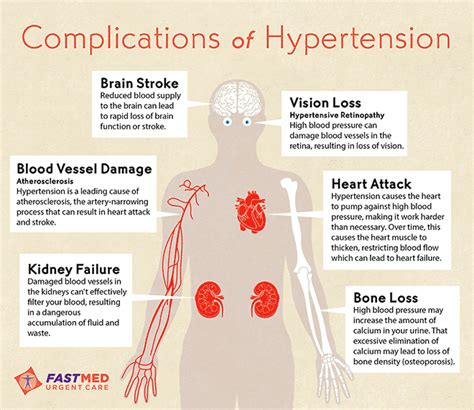
Importance of Follow-Up Care
Follow-up care is crucial after a hypertensive crisis. This includes monitoring blood pressure regularly and seeking medical attention if it becomes too high. It is also important to make lifestyle changes, such as eating a healthy diet and getting regular exercise, to help lower blood pressure and prevent future episodes of hypertensive crisis. By working with your healthcare provider and making healthy lifestyle choices, you can help to prevent future episodes of hypertensive crisis and improve your overall health.Conclusion and Next Steps

We hope this article has provided you with a comprehensive understanding of hypertensive crisis, its symptoms, causes, and treatment options. If you have any questions or concerns, please don't hesitate to comment below. We encourage you to share this article with anyone who may be at risk of hypertensive crisis, and to take the necessary steps to protect your health.
What are the symptoms of hypertensive crisis?
+The symptoms of hypertensive crisis can vary from person to person, but they often include severe headaches, nosebleeds, and shortness of breath. Other symptoms may include chest pain, fatigue, and confusion.
What are the causes of hypertensive crisis?
+Hypertensive crisis can be caused by a variety of factors, including underlying medical conditions, certain medications, and lifestyle factors. Some of the most common causes of hypertensive crisis include kidney disease, adrenal gland tumors, and sleep apnea.
How is hypertensive crisis treated?
+The treatment for hypertensive crisis depends on the severity of the condition and the presence of any underlying medical conditions. In some cases, medication may be prescribed to lower blood pressure. In other cases, hospitalization may be necessary to monitor blood pressure and prevent complications.
Can hypertensive crisis be prevented?
+Yes, hypertensive crisis can be prevented by making lifestyle changes, such as eating a healthy diet and getting regular exercise. It is also important to monitor blood pressure regularly and seek medical attention if it becomes too high.
What are the long-term effects of hypertensive crisis?
+The long-term effects of hypertensive crisis can be serious and even life-threatening. If left untreated, hypertensive crisis can lead to heart attack, stroke, and kidney damage. These complications can have a significant impact on quality of life and can even be fatal.
